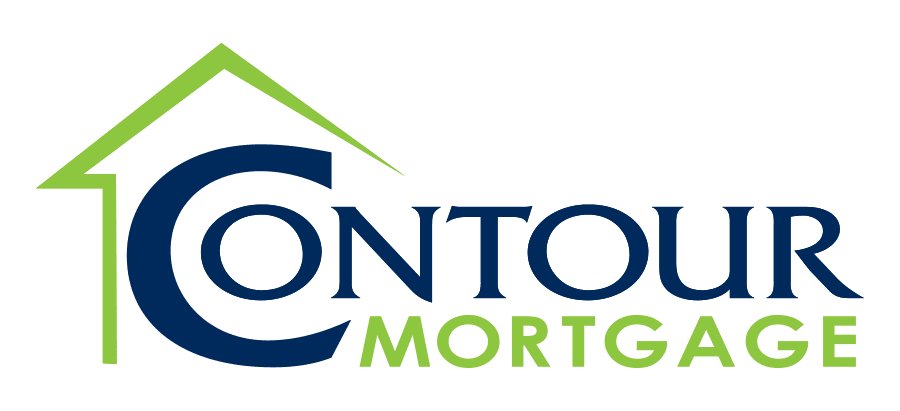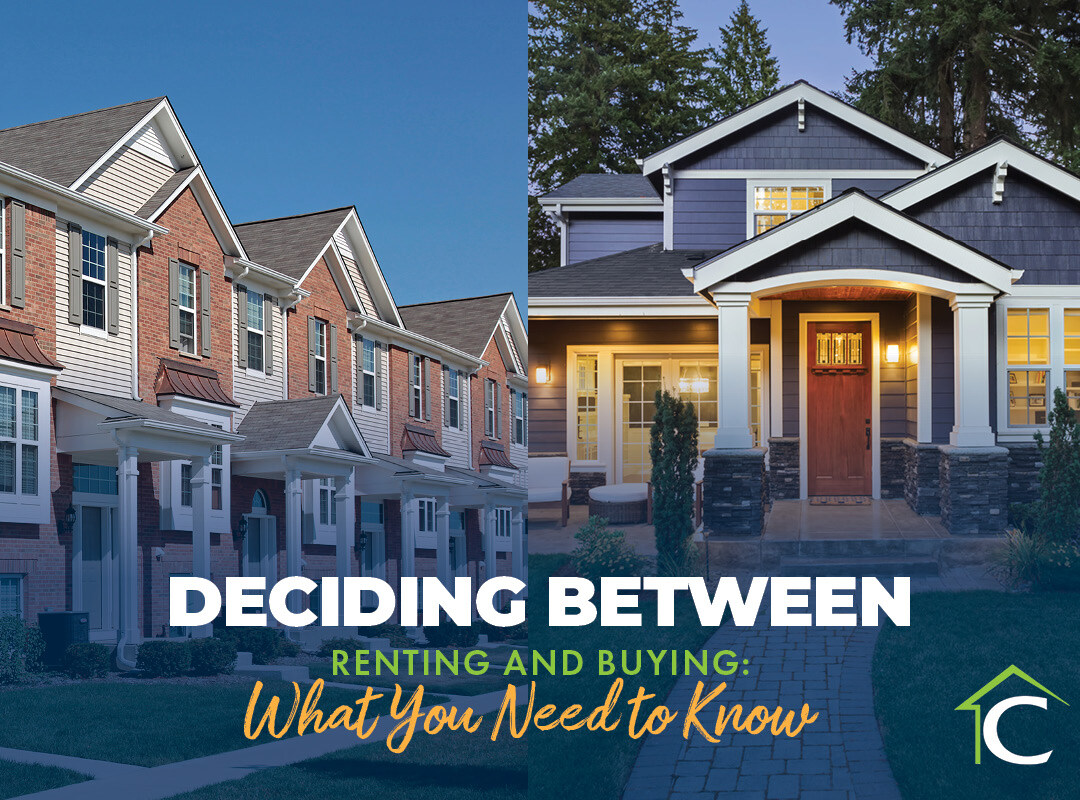To rent or purchase? That’s the million-dollar question! You need to consider many factors, including the current housing market and your personal financial situation.
Choosing between renting and buying a home is one of life's big decisions, and it's not just about picking a place to live—it's about choosing a lifestyle.
Whether you dream of painting walls any color you like or love the idea of mobility without the burden of a mortgage, this choice deeply impacts both your financial health and personal happiness.
In this guide, we unpack the core aspects that define both renting and buying, highlighting their financial implications, lifestyle impacts, and long-term benefits.
Understanding the Housing Market
One of the most significant factors influencing your decision to buy a home is the state of interest rates at the time of purchase. Rates can dramatically affect your monthly mortgage payments and the total cost of your loan over time.
Interest Rates and Mortgage Payments
Interest rates determine the cost of borrowing money. A lower rate means you pay less to borrow, reducing both your monthly payment and the total interest you'll pay over the life of the mortgage. Conversely, a higher rate increases both these costs. For example, on a $300,000 loan with a 30-year term, an interest rate drop from, for example, 5 to 3 percent can reduce your monthly payment by several hundred dollars and save you a significant amount in total interest paid.
Housing Market Scenarios
To illustrate, consider two scenarios:
- Scenario A: With an interest rate of 3 percent, the monthly payment on a $300,000 mortgage might be around $1,265. Over 30 years, you would pay about $155,000 in interest, bringing the total cost of the mortgage to approximately $455,000.
- Scenario B: If the interest rate is 5 percent, the monthly payment increases to about $1,610 for the same $300,000 loan. The total interest paid over the life of the loan jumps to around $280,000, making the overall cost of the mortgage $580,000.
These examples show how even a small change in interest rates can have a substantial impact on your housing costs.
Financial Considerations of Buying a Home
Especially when you factor in interest rates and a constantly shifting housing market, buying a home is a significant investment that involves several upfront and long-term financial commitments. But along with costs, there are some long-term financial benefits to consider—as well as a handful of mortgage types and assistance programs to keep on your radar.
Initial Costs of Buying a Home
- Down Payment: Typically the largest upfront cost, this is a percentage of the home’s purchase price you need to pay upfront. Conventional loans might require anywhere from 5 to 20 percent down, though some programs allow for lower down payments.
- Closing Costs: These include a variety of fees such as loan origination fees, home inspections, appraisals, title searches, and attorney fees. Closing costs typically range from 2 to 5 percent of the loan amount.
- Additional Expenses: Don't forget to budget for moving expenses, immediate home repairs, or unforeseen upgrades you might need upon moving in.
Long-Term Financial Benefits
- Equity Buildup: As you pay off your mortgage, you build equity, or the portion of your property that you actually own, as opposed to what you still owe on the mortgage.
- Tax Deductions: Homeowners can often deduct mortgage interest and property taxes on their annual tax returns, which can reduce the amount of money owed to the government.
- Potential Appreciation: While not guaranteed, homes generally increase in value over time. This potential appreciation can significantly increase your wealth when you sell your home in the future.
Mortgage Types and Assistance Programs
- Conventional Loans: These are not insured by the government and typically require a higher credit score and a larger down payment. However, they offer flexibility in terms and conditions.
- FHA Loans: Insured by the Federal Housing Administration, these loans are ideal for first-time homebuyers as they require lower minimum credit scores and down payments as low as 3.5 percent.
- USDA Loans: Designed for rural buyers, these loans offer 100 percent financing, reduced mortgage insurance, and below-market mortgage rates.
- VA Loans: Provided by the U.S. Department of Veterans Affairs for military personnel, these offer competitive rates and often require no down payment or private mortgage insurance.
Questions to Ask When Buying a House
- Can I afford the associated costs beyond the mortgage? Consider property taxes, homeowners insurance, HOA fees, and maintenance costs in addition to the mortgage payments.
- Is the neighborhood suitable for my long-term needs? Evaluate the quality of local schools, safety, amenities, and potential for property value growth.
- How old is the property, and what is the condition of major systems? Assess the age and condition of the roof, HVAC system, plumbing, and electrical systems to anticipate future repairs or replacements.
- What are my financing options? Understand the different types of mortgage loans available and which one best suits your financial situation.
- How does the home meet my future needs? Consider factors like size, layout, accessibility, and potential changes in family dynamics to ensure the home can grow with you.
The Benefits of Renting
While buying a home is often seen as a pathway to financial stability and personal achievement, renting can be a smart choice in many circumstances, offering flexibility and freedom that homeownership may not. Here are some key advantages to consider:
Ideal for Flexible Living Situations
- Mobility and Minimal Commitment: Renting is an excellent choice for individuals who value flexibility in their living arrangements. It suits those who may need to move frequently for career opportunities or personal preferences, as well as those who aren’t ready to commit to one location long-term. With rental agreements typically lasting only a year or less, renters can decide to stay put or move on without the complex process and financial burden of selling a home.
Financial Flexibility
- Lower Upfront Costs: Renting typically requires a security deposit and first month's rent, which are generally less than the down payment required to purchase a home.
- Opportunity to Invest Elsewhere: Without the financial responsibilities of home repairs and upkeep, renters can potentially allocate more money towards savings, investments, or spending on experiences like travel and education.
Convenience and Ease
- Maintenance-Free Living: One of the significant perks of renting is that maintenance responsibilities generally fall to the landlord or property management. This can include everything from major repairs to routine tasks like lawn care, depending on the rental agreement.
- Predictable Monthly Expenses: Renters usually have fixed expenses during the lease term, without unexpected maintenance costs or home repair bills. This predictability can make budgeting easier and reduce financial stress.
5 Questions to Ask When Renting an Apartment
- What is the total cost of moving in? Include first month's rent, security deposit, application fees, and any other upfront costs.
- What utilities are included in the rent? Determine which utilities (if any) are covered by the landlord, and which ones you'll need to pay for separately.
- What is the lease term and what are the penalties for breaking it early? Understand the commitment you're making and what it would cost to exit the lease prematurely if your circumstances change.
- How are maintenance and repairs handled? Ask about the process for requesting repairs and how quickly you can expect issues to be addressed.
- What are the rules and restrictions? Inquire about policies on pets, noise, alterations to the space, and guest visitations to ensure they align with your lifestyle.
Home Buying vs. Renting: Making the Decision
As we’ve explored throughout this blog, deciding whether to buy or rent a home is a significant choice that should align with your personal, professional, and financial circumstances. Here's how you can approach this decision:
- Evaluate Your Life Stage and Career: Consider your current life situation and future plans. If stability and long-term residence align with your personal goals, buying might be right for you. However, if you anticipate life changes or need flexibility for career moves, renting could be a smarter choice.
- Assess Financial Readiness: Understand your financial health, including savings, debt, and creditworthiness, as these will impact your ability to buy a home and handle its ongoing costs. Think about how each option fits with your broader financial goals.
- Seek Expert Advice: Consult with mortgage professionals to get tailored advice on your mortgage options and eligibility. Their expertise can guide you through the complexities of the housing market and help you make an informed decision that suits your lifestyle and financial objectives.
Examining Your Options
When weighing your decision, it’s best to connect with professionals—like those at Contour Mortgage—for guidance on pre-approvals, loan options, eligibility and credit requirements, and more.

















